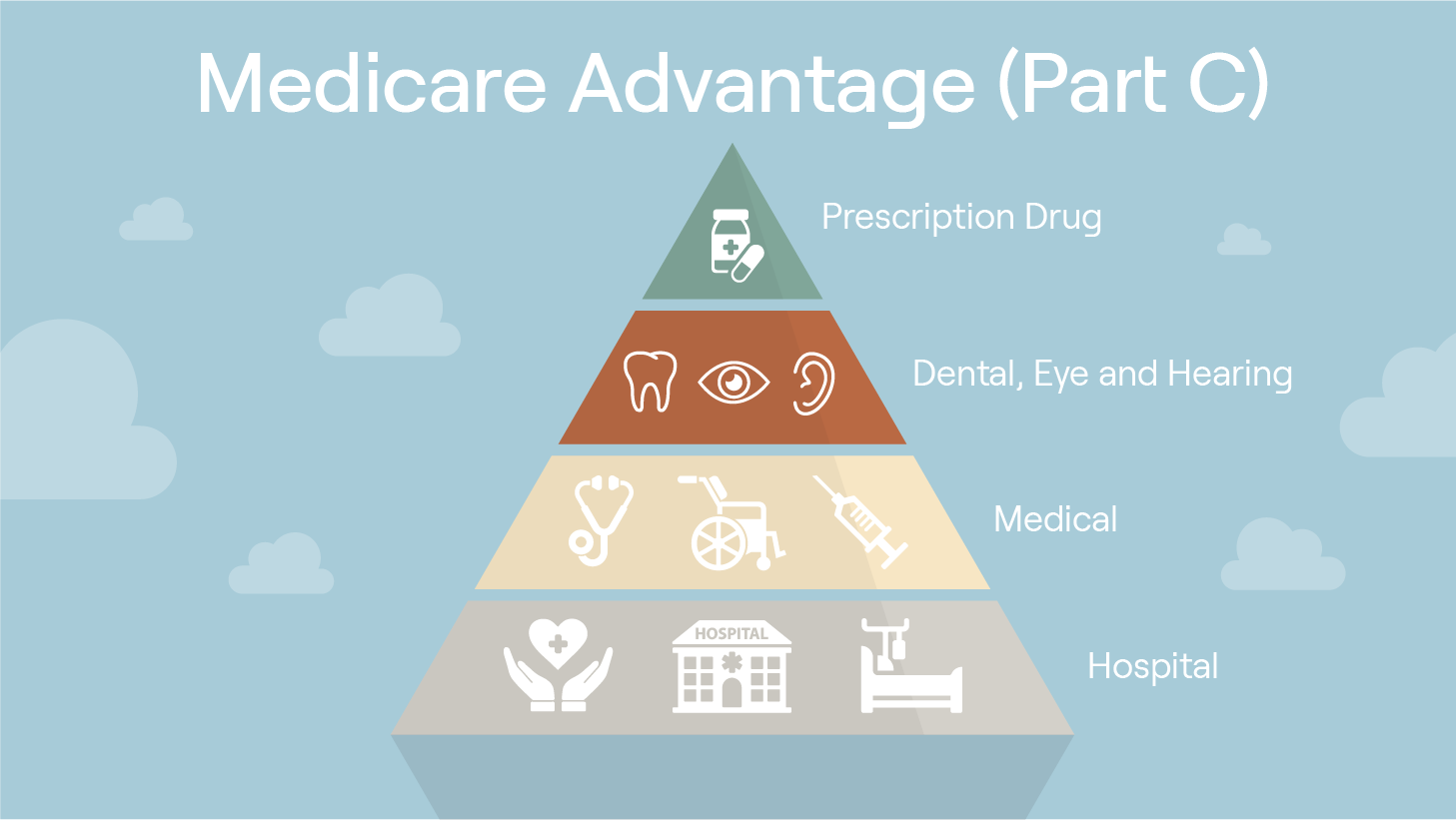What are the Key Provisions of the Affordable Care Act (ACA)?
Introduction
The Affordable Care Act (ACA) is a comprehensive healthcare reform law that was signed into law by President Barack Obama in 2010. The law includes a number of provisions that are designed to increase access to healthcare, improve the quality of care, and reduce healthcare costs. In this article, we will discuss the key provisions of the Affordable Care Act.
Insurance Reforms
One of the key provisions of the ACA is the insurance reforms. The law requires insurance companies to cover individuals with pre-existing conditions, and it prohibits insurance companies from charging higher premiums based on a person’s health status or gender. The law also limits the amount of money that insurance companies can spend on administrative costs and profits.
Individual Mandate
Another key provision of the ACA is the individual mandate. This provision requires individuals to have health insurance or pay a penalty. The purpose of the individual mandate is to encourage healthy individuals to enroll in health insurance and spread the cost of healthcare across a larger population.
Health Insurance Marketplaces
The ACA created health insurance marketplaces, also known as exchanges, where individuals and small businesses can shop for and purchase health insurance coverage. The marketplaces provide consumers with a choice of health insurance plans and information about the costs and benefits of each plan.
Subsidies
The ACA provides subsidies to help individuals and families with low or moderate incomes pay for health insurance. The subsidies are based on income and are designed to ensure that individuals and families do not have to spend more than a certain percentage of their income on health insurance.
Medicaid Expansion
The ACA also includes a provision that expands Medicaid coverage to individuals with incomes up to 138% of the federal poverty level. The Medicaid expansion is designed to provide healthcare coverage to low-income individuals who may not be able to afford private health insurance.
Preventive Care
The ACA requires health insurance plans to cover preventive care services, such as immunizations and cancer screenings, without cost-sharing. The law also requires health insurance plans to cover certain preventive services for women, such as mammograms and birth control, without cost-sharing.
Conclusion
In conclusion, the Affordable Care Act includes a number of key provisions that are designed to improve access to healthcare, improve the quality of care, and reduce healthcare costs. The insurance reforms, individual mandate, health insurance marketplaces, subsidies, Medicaid expansion, and preventive care are just a few of the key provisions of the ACA. These provisions have helped millions of Americans access affordable healthcare coverage.
- The Basics of the Affordable Care Act: What You Need to Know
- The Affordable Care Act (ACA): An Overview
- The Role of Medicaid Expansion in the Affordable Care Act
- How the Affordable Care Act Has Improved Access to Health Insurance
- The Pros and Cons of Buying Health Insurance on the ACA Marketplace
Benefits of Medicare Advantage for Veterans
Veterans and Medicare Advantage plans represent a crucial intersection of health- care services designed to enhance the medical coverage available…
10 Essential Insurance Tips to Protect Your Future
1. Assess your insurance needs based on income, assets, and dependencies. 2. Understand policy types: life, health, auto, home, and…
ACA 2025 Open Enrollment
The ACA 2025 Open Enrollment Period represents a pivotal opportunity for individuals and families to obtain health insurance coverage under…
Medicare Annual Enrollment Period 2025
The Medicare Annual Enrollment Period (AEP) for 2025 is a critical time for beneficiaries to review and adjust their Medicare coverage, running…
Medicare Advantage and the Nearing Annual Election Period
Medicare Advantage and the Nearing Annual Election Period Introduction Navigating Medicare can feel like trying to read a map written in a…
Understanding Medicare Advantage Plans
Understanding Medicare Advantage Plans Medicare Advantage plans have become a popular alternative for people who want more flexibility and comprehensive coverage…












